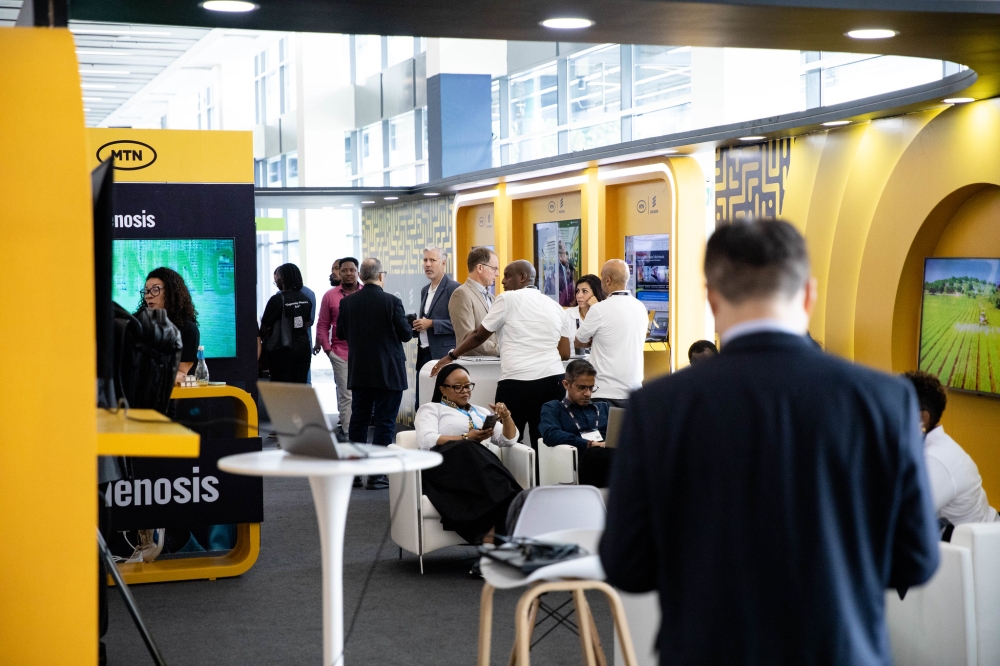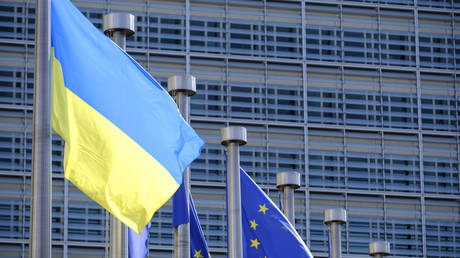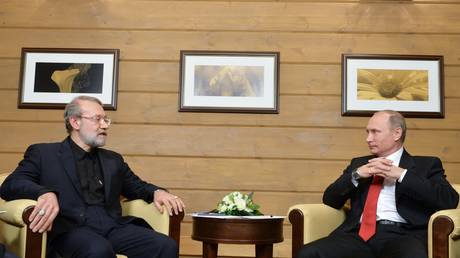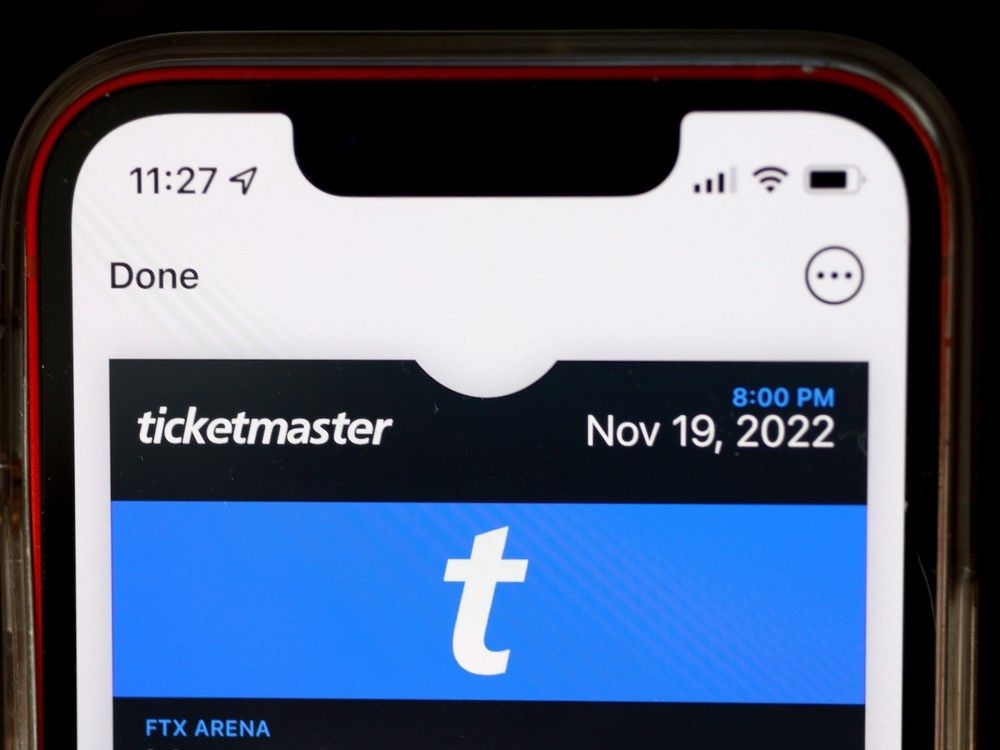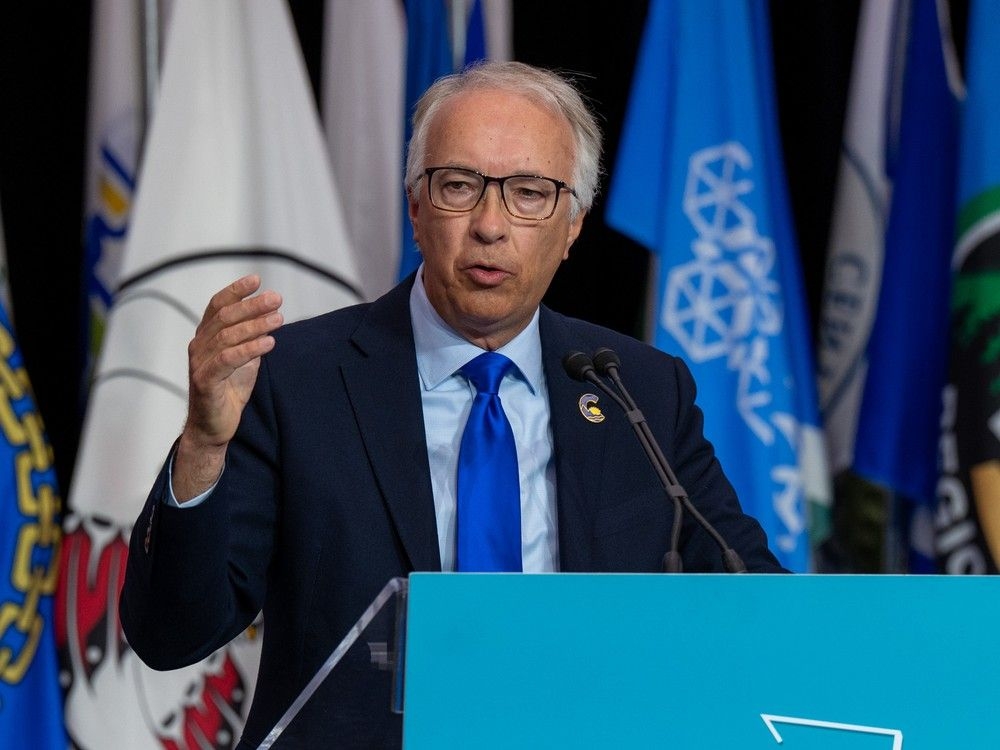Africa’s major telecom operators have urged governments to scrap taxes on entry-level smartphones, warning that high import duties are keeping millions offline.
The appeal which was unveiled at the Mobile World Congress in Kigali calls for tax relief on smartphones costing under $100 (approx: Rwf145,000) as part of a wider effort to fast-track digital inclusion across the continent.
Industry leaders argue that cutting the cost of basic devices could connect millions more Africans and unlock a new wave of digital participation.
ALSO READ: Young innovators key to Africa’s digital leap, says Airtel Africa boss
The initiative, launched under the GSMA Handset Affordability Coalition, also proposes common minimum technical standards for low-cost 4G phones.
The aim is to balance affordability with performance ensuring devices remain durable and functional enough to support education, business, and communication needs without the heavy price tag.
For most Africans, however, owning a smartphone remains out of reach. According to the GSMA’s State of Mobile Internet Connectivity 2025 Report, more than three billion people globally live within range of mobile broadband but still don’t use the internet mainly because they can’t afford suitable devices.
Affordability remains the single biggest barrier
In Sub-Saharan Africa, where income levels are among the lowest globally, even modest import duties can make smartphones unaffordable. Taxes such as import levies and value-added tax can raise retail prices by more than 30 percent, often the difference between being connected and being left behind.
GSMA Intelligence estimates that a $40 (about Rwf58,000) smartphone could connect 20 million more people across the region. Dropping the price to $30 could push that figure to 50 million. The coalition believes tax reforms are essential to achieving that scale.
“Access to a smartphone is not a luxury—it is a lifeline to essential services, income opportunities, and participation in the digital economy,” said GSMA Director General Vivek Badrinath.
“By uniting around a shared vision for affordable 4G devices, Africa’s leading operators are sending a clear message to policymakers: lowering taxes is a direct investment in digital inclusion.”
The coalition’s proposal outlines minimum specifications for affordable 4G handsets, including standards for battery life, camera quality, display, memory, and storage—ensuring affordability doesn’t mean compromising quality.
Some countries have already moved in that direction. South Africa, for instance, introduced tax cuts on budget smartphones earlier this year, a policy GSMA hopes other nations will emulate. The move aims to stimulate local economies, spur innovation, and expand access without significantly reducing government revenue.
Rwanda, however, has taken a different approach. The government recently removed a long-standing tax exemption on smartphones, applying an 18 percent value-added tax on both imported and locally available devices. The measure, part of broader tax reforms for the 2025–2026 fiscal year, seeks to boost state revenue through a uniform rate across previously exempt goods.
Mobile internet is more than a communication tool—it is a gateway to education, healthcare, finance, and trade. GSMA estimates that closing the internet usage gap in low- and middle-income countries between 2023 and 2030 could generate up to $3.5 trillion in additional GDP.
Still, affordability is not just about taxes. Structural barriers such as limited local manufacturing, high distribution costs, and lack of consumer financing also constrain access.
The coalition’s next step is to convene manufacturers, financiers, and policymakers to translate the initiative into concrete, measurable actions.
At a time when artificial intelligence and 5G dominate global tech debates, the push for affordable 4G smartphones may appear modest—but for much of Africa, 4G remains the bridge to opportunity. Affordable access to reliable devices is the first rung on the ladder to digital participation.
By reframing connectivity as a basic economic right rather than a luxury, Africa’s telecom industry is betting on inclusion as its most powerful form of innovation. For millions still offline, that could make all the difference.
